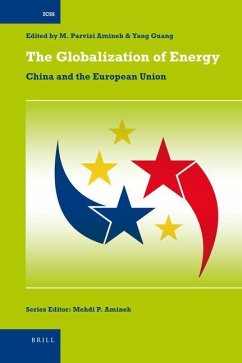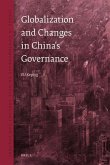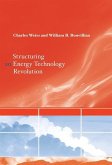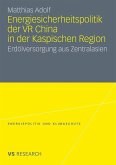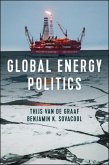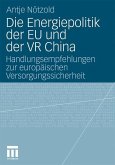Since the conclusion of the 1985 trade and cooperation agreement between the European Community and China, a new political dynamic has been set in motion between two emerging entities: industrializing China and integrating Europe. It is reflected in, among others, European Commission policy strategy papers and, probably more importantly, in numerous sectoral dialogues and agreements. Europe has become China's largest export destination. For the E.U., China has become its second largest trading partner and its most important source of imports.
The book edited by Mehdi Parvizi Amineh and Yang Guang studies the fueling of this Eurasian production and trading system. This is the policy area of energy supplies and energy security. Cooperation on the basis of complementarity is rather easy. Cooperation in the competition for access to, and share in, non-renewable stocks of oil and gas is more challenging. This book studies a series of bilateral energy relations (Part One) in a global-level, geo-political framework. Policy outcomes in bilateral relations are impacted by multi-lateral networks. Part Two surveys the quest for renewable energy, which is the core of supply security. China has created the largest solar panel production facility. It is capable of producing light-weight magnets used in, among others, wind-power generators and hybrid car engines. This year China is expected to overtake the U.S. as the largest producer of wind turbines. China's step-by-step reduction of the gap in wealth and power with countries that overran it in the past has so far been remarkably peaceful. We know in both Europe and China all too well that trend-driven change in capability ratios between great powers does not by necessity harmonize well with leadership responses to it. By charting the domain of the energy competition, this book marks an important contribution to the rationalization of energy policy as an area of competitive cooperation.
- Henk Houweling, Instructor at the Europe Institute of the University of Macao
Contributors are Mehdi Parvizi Amineh, Robert M. Cutler, Chen Mo, Eva Patricia Rakel, Daniel Scholten, Philip Sen, Raquel Shaoul, Frank Umbach, Eduard B. Vermeer, Shi Dan, and Yang Guang.
Hinweis: Dieser Artikel kann nur an eine deutsche Lieferadresse ausgeliefert werden.
The book edited by Mehdi Parvizi Amineh and Yang Guang studies the fueling of this Eurasian production and trading system. This is the policy area of energy supplies and energy security. Cooperation on the basis of complementarity is rather easy. Cooperation in the competition for access to, and share in, non-renewable stocks of oil and gas is more challenging. This book studies a series of bilateral energy relations (Part One) in a global-level, geo-political framework. Policy outcomes in bilateral relations are impacted by multi-lateral networks. Part Two surveys the quest for renewable energy, which is the core of supply security. China has created the largest solar panel production facility. It is capable of producing light-weight magnets used in, among others, wind-power generators and hybrid car engines. This year China is expected to overtake the U.S. as the largest producer of wind turbines. China's step-by-step reduction of the gap in wealth and power with countries that overran it in the past has so far been remarkably peaceful. We know in both Europe and China all too well that trend-driven change in capability ratios between great powers does not by necessity harmonize well with leadership responses to it. By charting the domain of the energy competition, this book marks an important contribution to the rationalization of energy policy as an area of competitive cooperation.
- Henk Houweling, Instructor at the Europe Institute of the University of Macao
Contributors are Mehdi Parvizi Amineh, Robert M. Cutler, Chen Mo, Eva Patricia Rakel, Daniel Scholten, Philip Sen, Raquel Shaoul, Frank Umbach, Eduard B. Vermeer, Shi Dan, and Yang Guang.
Hinweis: Dieser Artikel kann nur an eine deutsche Lieferadresse ausgeliefert werden.
"Thought-provoking as [the book] is, the chapters invite readers to further explore the issues and stakes that comprise the contemporary scene of international energy diplomacy, not only between China and the European Union, but on a truly global scale." - Yifei Li, in: The Newsletter 60 (Summer 2012), pp. 32-33

